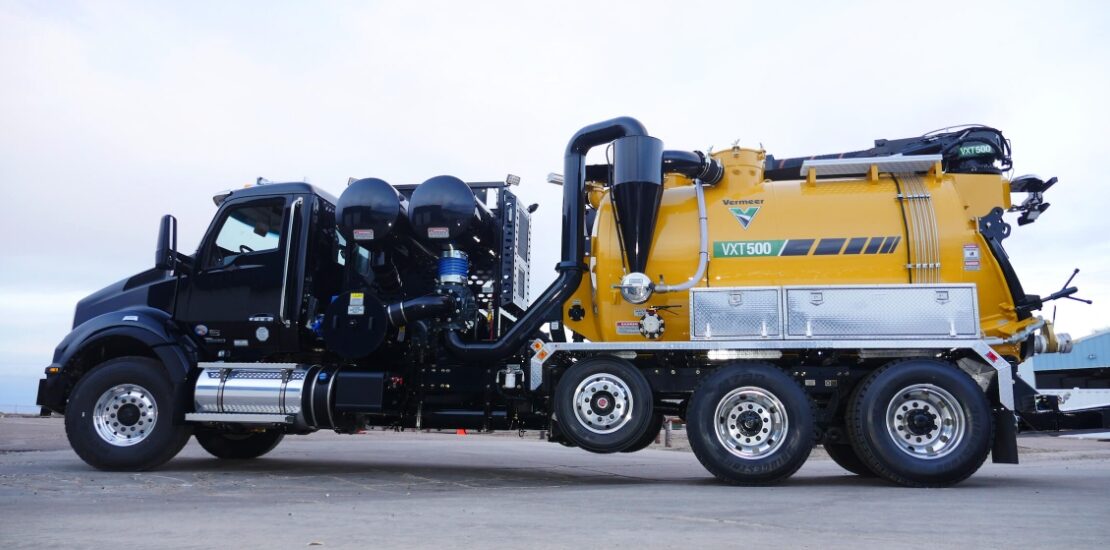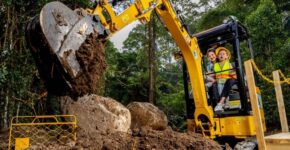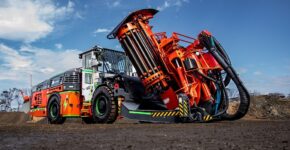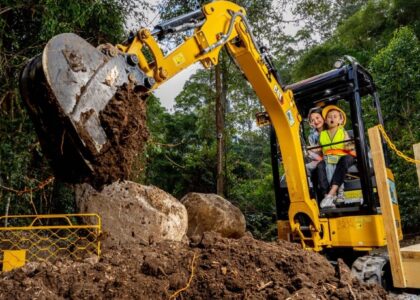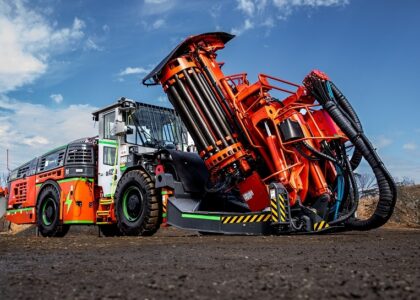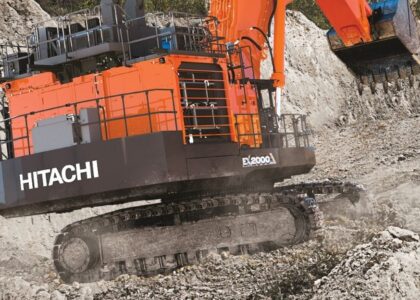Vacuum excavators have long been recognized as a crucial component of the trenchless technology industry, facilitating efficient soil displacement to enable horizontal directional drilling. However, recent developments have shown that local governments in Australia and New Zealand are discovering new and diverse applications for these versatile machines.
For those unfamiliar with the concept, vacuum excavation, also referred to as hydro excavation or non-destructive digging, is a contemporary substitute for conventional excavation techniques. Vacuum excavators employ a combination of high-pressure water and air vacuum to extract large volumes of soil while minimizing damage to the surroundings.
Initially, vacuum excavators were utilized primarily as auxiliary equipment for horizontal drilling operations. Their primary functions were to locate existing buried utilities prior to drilling and manage the drilling slurry. This role has become increasingly important as the underground infrastructure network expands, particularly with the emergence of the National Broadband Network and buried distribution power lines.
Moreover, vacuum excavators are finding a multitude of uses beyond the conventional trenchless market, ensuring that councils who invest in them have the machine in continuous operation, rendering them a valuable addition to their fleet. These versatile tools are proficient in various applications, including digging around utilities, excavating small holes efficiently, cleaning up storm drains, assisting with water main breaks, and much more.
The vacuum excavator has the potential to replace less efficient and more labor-intensive methods of working. Jeff Lawson, Vermeer Australia’s General Manager of Sales, stated:
“In Australia and New Zealand, communities are becoming increasingly intolerant of works that interfere with their daily lives. They anticipate that local authorities and contractors will employ construction techniques that reduce the area required to carry out any works.”
Local governments are increasingly seeking sustainable construction methods that minimize environmental impact. Additionally, they are becoming more conscious of safety risks associated with trench digging and excavation near hazardous areas such as busy roads. Consequently, they are seeking automated solutions that keep their workers safe, and vacuum excavators are a prime example of this, according to Jeff Lawson, Vermeer Australia’s General Manager of Sales.
Non-destructive digging helps protect sensitive environments
In numerous applications involving existing infrastructure, vacuum excavators are becoming the preferred excavation method. For instance, excavating footings for poles, signs, and fence posts is now commonplace. Nonetheless, councils frequently face the challenge of replacing damaged or old utility poles without disturbing surrounding utilities, which can be a difficult task with traditional excavators or backhoes.
The vacuum excavator proves to be a suitable option for this job, as it can dig around the pole without disturbing the surrounding utilities, even when buried utility lines are connected to the pole. The vacuum excavation method is effective when digging small holes or working in areas with hidden infrastructure. It can be used to dig holes for planting new trees and removing stumps near existing utilities. In addition, vacuum excavation can access narrow spaces that may be challenging for backhoes. It is also useful in clearing debris and roots around water meters and valves.
Vacs clean up
Vacuum excavators have various applications that do not necessarily involve digging. The vacuum technology can also be used in clean-up operations and can aid in water main repair. In cases of water main breaks where a pump cannot keep up, vacuum excavators can efficiently handle the job. Additionally, they can help in exercising water valves and jetting sewer pipes when properly equipped.
Vermeer offers a variety of vacuum excavators that help reduce time, labour, and material handling expenses. From potholing for fibre installation to HDD rig support, Vermeer has a vacuum excavator to suit the job. With spoil tank capacities ranging from 400 to 11,000 litres and corresponding CFM, Vermeer can meet all of your vac ex needs.


